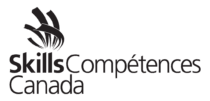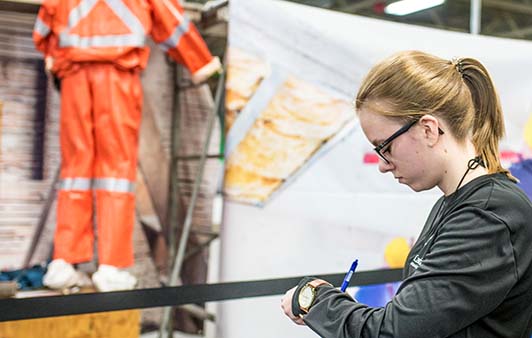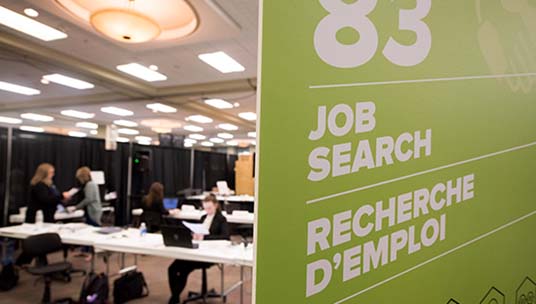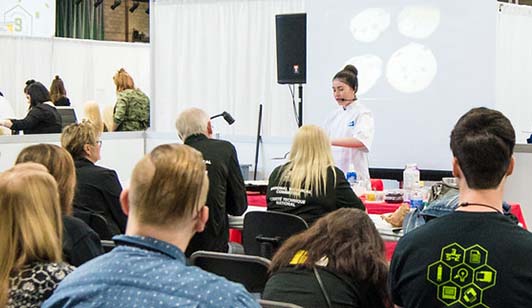Public Speaking
What is public speaking?
Public speaking is the process of speaking to an audience in a deliberate way so that you inform, influence, or entertain. The ability to communicate effectively is a critical skill in today’s workplace. Potential employers are looking for employees who have a variety of general skills and abilities. Transferable skills, such as interpersonal communications, organizational, analytical and problem-solving abilities, can be applied to many different jobs. Effective public speaking occurs when a speaker is well organized and confident to present the substance of the speech to an audience. The main idea of your speech is referred to as the thesis. This is often one sentence that uses specific language, a single idea, and is audience centered. The main body of your speech must be focused upon the thesis or main topic. Reading from a prepared speech is a formal way to deliver your message. This is also viewed as effective when your desire is to control your speech content. In this instance, the speaker must be careful to not jeopardize spontaneity and conversational elements.
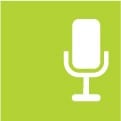
Public Speaking and the Skills for Success Program
The key Skills for Success for this career path are:
- Communication
- Problem Solving
- Writing
It is believed that we enjoy speakers who know their topic and can demonstrate energy, vigor, and excitement. Competent public speakers seek to be perceived as dynamic. It is important to show a genuine interest in your topic and audience. By being authentic and real, you will convey your dynamism. One the greatest fears that many people have is speaking in public. Is helps to allow that nervousness to heighten your sense of audience and your topic. Through practicing your gestures, intonation, expression and movements you will add interest to your talk and gain confidence in your ability to deliver.
Many employers now expect their employees to do multimedia presentations, develop proposals that might be delivered orally, communicate policies and regulations, etc. In fact, many corporations, businesses and government agencies have specific positions for their official spokesperson, public relations departments, or communications directors. Effective communication and the ability to speak in public, is often a requirement in many workplaces.
- Public Relations Representative
- Union Negotiator
- CommunicationsDirector
- Radio DJ
- Teacher
- Chief Executive Officer
- Project Coordinator
Even though Indigenous cultures are primarily oral ones, some Indigenous and remote job seekers lack experience in both public speaking in a formal workplace or educational setting. In addition to this, many Indigenous cultures value modesty and teach young people not to boast about themselves or things they can do. This can make public speaking challenging for Indigenous job seekers.
As this requires confidence and experience, it will be something that Indigenous and remote job seekers will need plenty of practice doing, as well as support and training, in order to be successful. Candidates are encouraged to spend time with their Elders listening to their stories, as well as how they demonstrate their skills, while also living their cultural values, for examples of how to do this effectively. Seek out opportunities to practice and give it a try. Starting with small audiences first, can make it feel less stressful and build confidence, before trying to speak to larger audiences. It gets easier every time.
Public speaking can be a difficult in general and can be even more daunting if you have a disability. Further to this, public speaking and having people watching you can provoke anxiety and possibly make certain conditions worse. Candidates and those who support them, should work to do everything possible to reduce anxiety and gain comfort with the process. Candidates should work with their supervisors or managers to practice speaking in front of people well in advance to make sure that they have the confidence to public speak successfully. Perhaps starting with small audiences first, could help build confidence gradually and then build up to larger, more public audiences.
